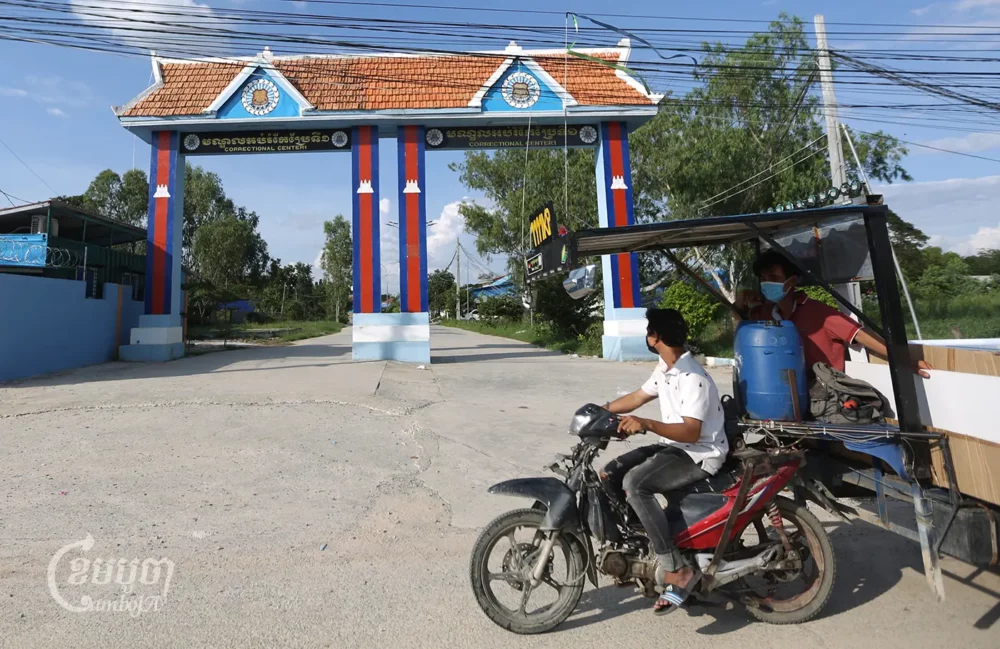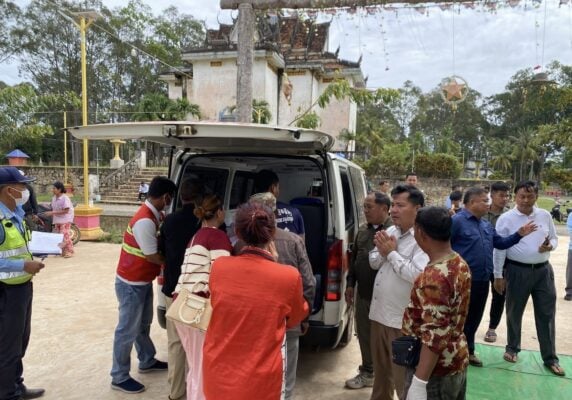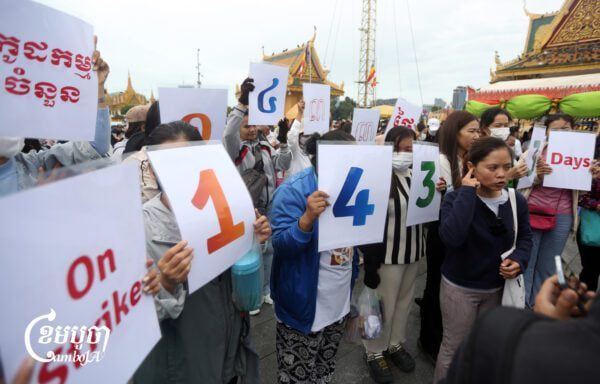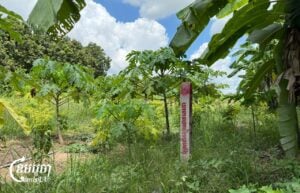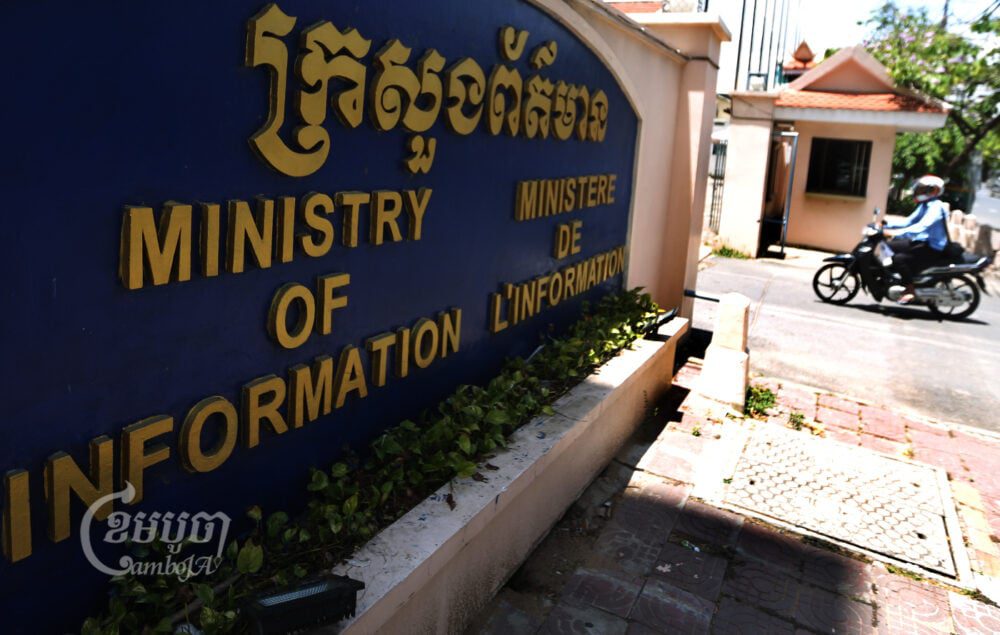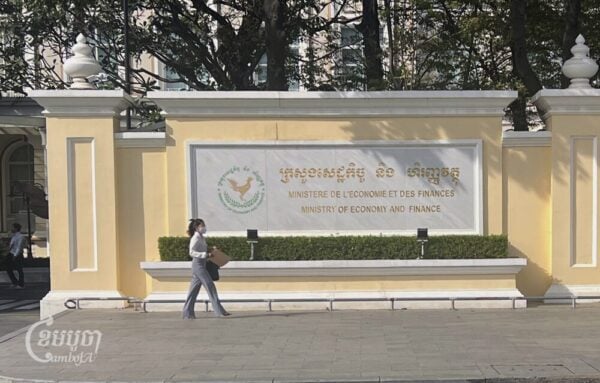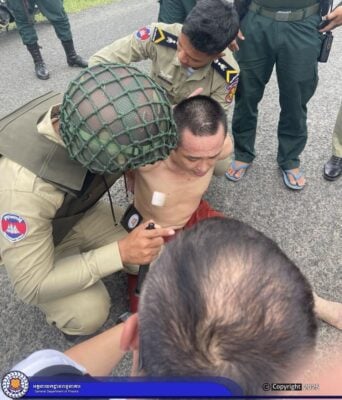Nearly five months after their arrest, two local reporters from pro-government media outlets remain jailed with no hearing date, after being charged with incitement for sharing a video allegedly filmed at a scam compound in Phnom Penh, a prison spokesperson confirmed.
Duong Akhara and Lay Socheat, reporters for SA TV and Cambodia Star Daily News 24/24, were detained on Jan. 21 after allegedly posting a video showing a man handcuffed to a metal pole and beaten, scenes similar to abuse footage often found on watchdog channels documenting Cambodia’s scam compounds.
A spokesperson for the General Department of Prisons, Kheang Sonadin, said the pair remain in custody at Phnom Penh’s Prey Sar prison, with no court date set and no confirmation on bail. He referred further questions to the court and their lawyers.
The outlets said the video, which showed apparent acts of torture, was filmed at a compound in Phnom Penh’s Dangkor district. Municipal police accused the journalists of spreading false information that caused “social chaos,” damaged the “dignity of leadership,” and threatened national security.
The two online publications, run by the journalists themselves, had their media license revoked by the Information Ministry after the arrest.
CamboJA News was unable to identify their attorneys for comment.
The case has drawn little attention, but a handful of civil society and press freedom groups have issued statements.
“Cambodian authorities must drop the incitement charges against journalists Duong Akhara and Lay Socheat and free them immediately,” Shawn Crispin, senior Southeast Asia representative for the Committee to Protect Journalists, said in a February statement.
Am Sam Ath, operations director at Cambodian rights group Licadho, said pretrial detention for misdemeanor cases like Duong and Akhara’s should not exceed four to six months, with a trial scheduled promptly after.
“Detention beyond six months violates the accused’s rights to a fair and speedy trial,” he added.
Rights groups have long criticized Cambodia’s incitement laws as a tool used to silence journalists, activists and government critics.
Reporting on Cambodia’s scam industry – estimated to involve at least 150,000 trafficked workers and part of a wider regional phenomenon with similar enclaves in Laos and Myanmar – remains a politically sensitive topic for local journalists.
In a separate case last year, award-winning journalist Mech Dara, known for his coverage of scam operations, was jailed for nearly three weeks on incitement charges over unrelated social media posts.
The Phnom Penh Municipal Court did not immediately respond to a request for comment on the status of Akhara and Socheat’s cases.
(Additional reporting by Khuon Narim)

